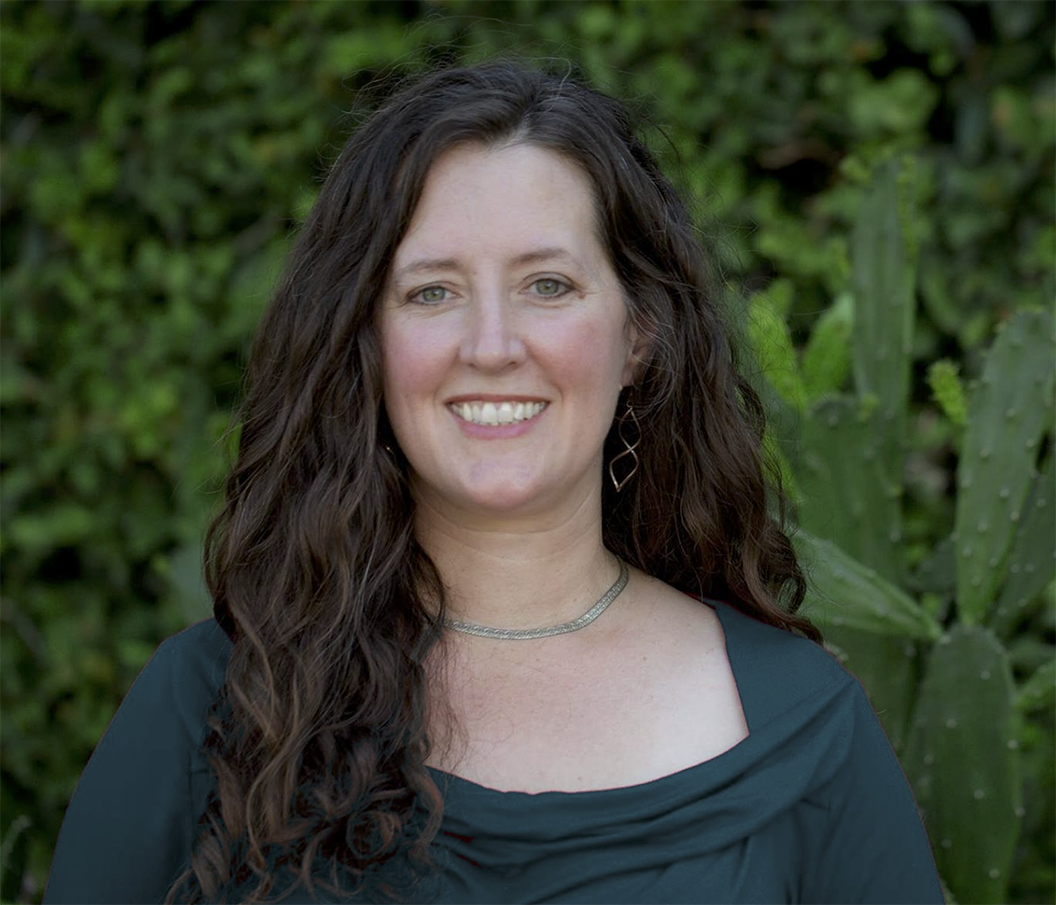In this interview, Janis Bookout speaks about her work at Earth Day Austin and the Community Resilience Trust.

By Brandi Clark Burton, Photo courtesy of Janis Bookout
Janis Bookout possesses a deep commitment to inclusive problem-solving through disaster response initiatives and strategic collaborations. She highlights the transformative power of authentic engagement when contributing to positive change and emphasizes her deep belief in human interconnectedness. She is a truth-teller, a believer in people and wants everyone to thrive.
How would you describe the work you do?
My work is focused at the intersection of environment and racial equity. In particular, I’m very focused on advancing community resilience.
What does that mean to you?
In a resilient community, everyone has the ability to both survive and thrive in the face of stressors, independent of race, disability, age, income status, gender or lived experience.
Describe how you have worked to help our communities survive and thrive through a variety of stressors.
Prior to the pandemic, I had done volunteer work in a variety of collaborative disaster response initiatives such as Hurricanes Katrina and Harvey. But when COVID-19 hit, an ever-expanding group of local leaders—mostly grassroots organizers, but a bunch of folks from different sectors—met daily for a year to ask, “Who might be left out of disaster response during the pandemic, and what can we do about it?” One thing I’m particularly proud of was including sign language services, American and Mexican, in addition to having Spanish translators help festivalgoers engage with the many booths.
Community Resilience Trust was a collective response to a crisis, focused on equity. What came out of that?
Initially, we focused on filling information and action gaps, generating a lot of collaborative multilingual materials to educate our community and decision-makers. During Storm Uri, we coordinated with others to shelter and feed members of the unhoused community in hotels and facilitated two distribution centers with hot meals and water for about 25,000 people. Over time, we became a generator of collaboratives in many areas of community crisis.
What is the core approach or philosophy that informs all of the work that you do?
I lean on distinctions of anti-racist work, trauma-informed approaches, transformation and a belief in human interconnectedness.
How did you go about transforming the Earth Day festivals to be so much more diverse and inclusive?
When I took the reins, we started with leadership, creating an intentionally diverse board. Then we redesigned the festival to make it more culturally representative through partnerships and invitations to many who had never been included. Then I said to those partners, “Look, this is your platform. What do you want to do with it?”
You have some interesting ideas about disaster and progress. Please explain.
Yes, I view disasters as opportunities for transformation. We need to move away from rigid, exclusionary structures that may crumble under stress and toward flexibility, connectivity and authentic inclusion. As we continually rebuild, we should do so equitably, with sustainability, trust, connectivity and the whole ecosystem in mind, learning from the dysfunction highlighted during these disruptive moments.
You do work in some “heavy” subjects. What are your strategies for self-care?
My three r’s are being rested, resourced and regulated. Therapy is key, because this world is hard, and there’s more harm coming with climate change. Process the grief, connect to beauty and each other and take action on what matters.
What else do you want to share?
I think it’s really important to remember that you do not have to have your crap together to make a difference. We can lean on each other for the strengths we lack. I owe everything to the network of amazing, diverse people who have trained, mentored and empowered me.
Learn about Janis, her work and the people and organizations she wants to uplift:
Workable World
Community Resilience Trust
Earth Day Austin
3 Bridges Sign Language Services
Undoing Racism program (taught by People’s Institute for Survival and Beyond)

